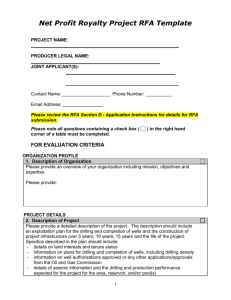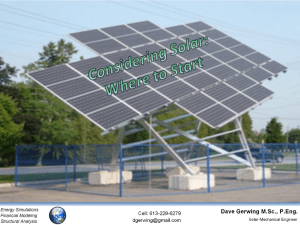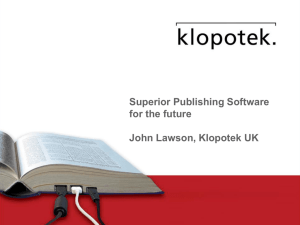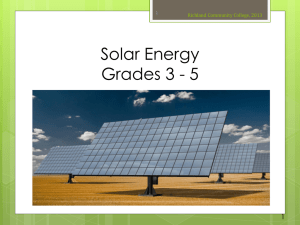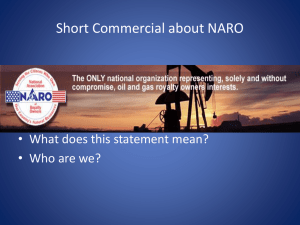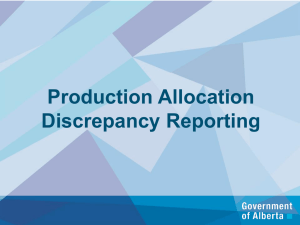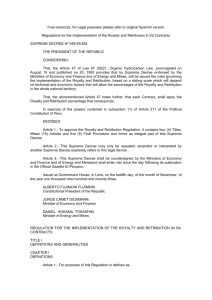solar energy royalties
advertisement
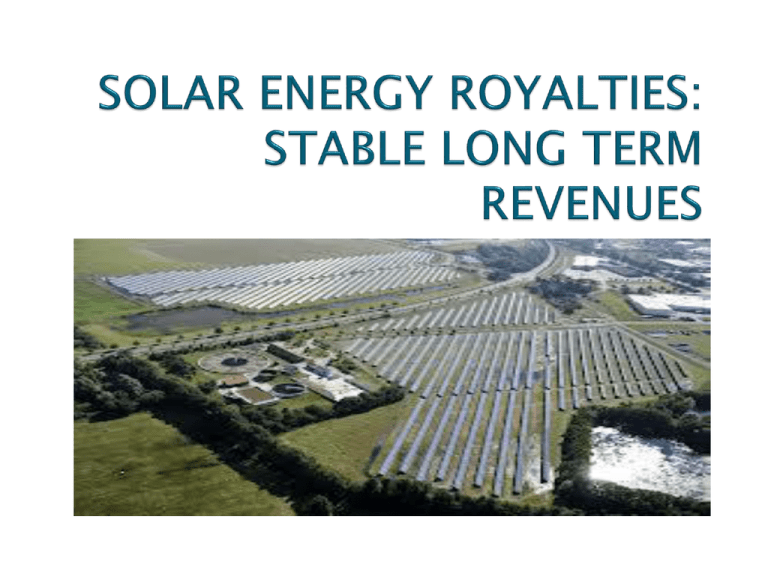
1839 Photo Voltaic (PV) effect first observed: selenium when exposed to UV light produces electricity 1923 Einstein demonstrates PV effect on silicon, wins Nobel Prize 1959 First commercial PV panels convert 10% of light to electricity; Explorer 6 launched with large solar array, solar PV electricity becomes the norm in space exploration and satellites 1960: 14% PV efficiency achieved in commercial panel manufacture 1960’s: early uses in space, buoys, navigational aids, irrigation pumps 1973 oil crisis: Petroleum companies invest in solar research 1970’s; small commercial systems marketed: boats & mobile homes 1980’s: Research intensifies and manufacturing techniques refined 1990”s: PV in utilities: Germany starts with 600 kW, now (2013) at 33 GW, 5% of total electricity consumption, 5,000% increase over 20 years 2000-13: PV efficiencies increase: 17% is norm, 34% is possible With economies of scale PV costs now compete with coal & nuclear - Main raw material is silicon, one of the most abundant and inexpensive natural resources on the planet Solar cells are semiconductor devices and share processing and manufacturing techniques with other semiconductor devices such as computer memory chips Cost decreases with improved manufacturing techniques and economies of scale Typical warranty is 25 years with rated output decreasing at 0.75% per year Panels are expected to function for a period of 30 to 35 years Efficiency norm has increased to 17% conversion of light Panels are now in production which can achieve 34% efficiency through use of light concentrators Black=Power Generation Blue = Transmission (high tension lines) Green = Distribution to customers Large scale central generation (nuclear, big hydro, coal, gas, big wind) requires transmission lines, high capital investment, high environmental impact Generation facilities of up to 10 MW can deliver power directly to distribution lines which deliver to users 10 MW of solar PV panels (optimal size for large solar park) requires 100 acres of land PV installations from 10 kW (house rooftop) to 10 MW can feed directly into existing distribution lines saving costs Distributed Generation = energy from diverse sources + lower environmental impacts + improved security of supply Solar Resource Assessment: With site latitude and longitude it is possible to measure long term output of any given PV panel configuration Space requirements: rooftop or open space with unimpeded south exposure; prime farm land use not normally permitted Property must be adjacent to distribution lines with right voltage for feed-in; e.g. 10 MW project requires minimum 26 kV distribution lines Access to property secured by purchase or long term lease Permits to feed power into the grid Long term contract to sell power at guaranteed prices: Power Purchase Agreement (PPA) Financing for construction costs: +/- $2,500,000 per MW A FIT is a standard rate paid to private power producers to feed power into the grid FIT rates are guaranteed over several years to encourage new suppliers and energy sources FIT concept pioneered in the USA in the 1970’s and proliferated in Europe in the 1990’s Canadian Province of Ontario implemented a renewable energy FIT program, 2006-09 and currently leads in North America with this comprehensive renewable energy incentive Early stage Ontario FIT contracts (2010-11) offered high FIT as incentive to developers Ontario FIT contract rates guaranteed for contract life (20 years) Through FIT programs, improved technology and manufacturing improvements, solar PV installed costs are now competitive with coal, nuclear and gas in many countries; this is called Grid Parity The need for FIT will eventually disappear but it provides guaranteed long term revenues to early stage developers to cover up-front risks Ontario FIT project sizes from 10 kW (house roof) to 10 MW (100 acre solar park) Population 13.5 million, 40% of Canadian total, capital city Toronto, USA border towns: Detroit MI and Buffalo NY Surface Area = Texas + California combined One purchaser of electric power in the Province: Ontario Power Authority (OPA) Power is transmitted and distributed by the major utility, Hydro One and several local utilities OPA first offered standard fixed price contracts in 2006 for renewable energy: solar, wind, small hydro, biogas, biomass Full scale FIT program commenced in October, 2009 Ontario FIT follows German model, aims to replace coal 2016 Ontario FIT most ambitious renewable energy program in the Americas Thousands of new jobs created in manufacturing renewable energy equipment Solar PV is a major component of the Ontario FIT program Complete information: http://fit.powerauthority.on.ca/fit-program Royalty Seller is a developer of solar energy projects Royalty Payer is a large multinational USA based publicly traded power company 20 year royalty, estimated start date December 2013 Royalty estimates are based on third party engineer estimates of power generation over 20 years FIT rate guaranteed paid by the OPA is $0.443 per kWh Royalty is 1.85% of gross power sales of Royalty Payer Estimated average annual royalty payment: $119,300 Estimated total royalty payments: 20 years: $2,386,000 Project is fully financed; total cost estimated at $25,000,000; estimated $5,000,000 disbursed to date 2007-09: Royalty Seller completed early stage work and secured land by way of a long term lease April 2010: Royalty Seller sold project to Royalty Payer in return for cash and future royalty considerations February 2011: OPA awards Royalty Payer a 20 year PPA August 2011: OPA waives any rights to terminate the PPA: http://fit.powerauthority.on.ca/programupdates/newsroom/newsroom-2011/option-waiver-opatermination-rights November 2012: Permitting complete, final submission made to Ministry of Environment (MOE) November 2012-May 2013: statutory waiting period before Notice to Proceed (NTP) from the OPA May – November 2013: construction (installation of PV panels and grid connection) undertaken by Royalty Payer & contractors December 2013: Commercial Operation Date (COD) royalty payments commence Non-confidential interactive spread sheet available from the Royalty Exchange (TRE) to calculate purchase payments and returns Full file review requires signature of nondisclosure and non-circumvention agreement (NDNCA) available through TRE On signing NDNCA, you will receive a confidential information package and can submit questions to the seller Royalty purchase payments can be in 3 disbursements, terminating on COD

